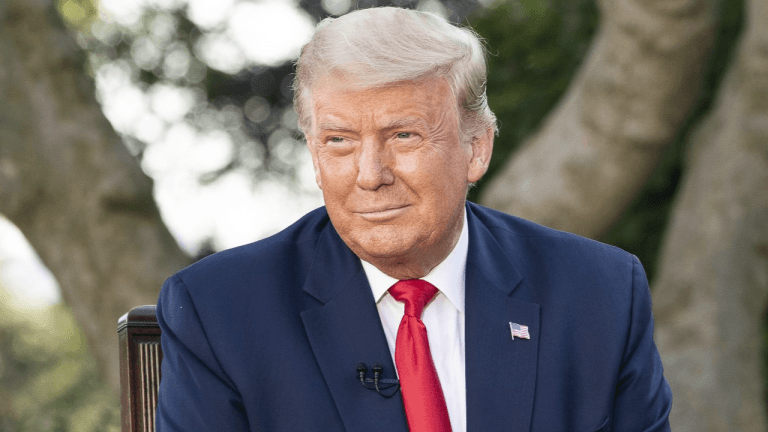
G7 to collaborate on tighter crypto regulation: Report

Leaders from Japan, the United States, the United Kingdom, Canada, France, Germany, and the European Union are expected to outline a global cooperative strategy for digital assets in May.
The next G7 meeting might bring a push from the seven biggest democracies for tougher regulations on cryptocurrencies around the world, Kyoto news agency reports on March 25.
Together, leaders from Japan, the United States, the United Kingdom, Canada, France, Germany, and the European Union will outline a cooperative strategy to increase crypto transparency and enhance consumer protections, as well as address potential risks to the global financial system, officials told Kyoto. This year’s summit is set to happen in Hiroshima, in May.
Among G7 members, Japan already regulates cryptocurrencies, while the European Union’s Markets in Crypto-Assets (MiCA) regulation is set to go into effect in 2024. The United Kingdom is gradually developing its crypto framework, with a special category for crypto assets on tax forms recently introduced, as well as plans for a digital pound.
Related: The limitations of the EU’s new cryptocurrency regulations
Canada treats digital assets as securities and the United States currently applies existing financial regulations, with some anticipating a crypto regulatory framework from lawmakers in the coming months.
Parallel efforts towards standards for digital assets are being made by the Financial Stability Board (FSB), the International Monetary Fund (IMF), and the Bank for International Settlements (BIS), the group of the 20 biggest economies of the world — collectively known as G20 — announced in February during a meeting in Bengaluru, India.

Recommendations on the regulation, supervision and oversight of global stablecoins, crypto assets activities and markets are scheduled to be delivered by July and September. It is unclear, however, what the overall tone of the recommendations will be.
For instance, in February the IMF released an action plan on crypto assets, urging countries to abolish legal tender status for cryptocurrencies. The IMF opposition to crypto as legal tender is well known, especially since El Salvador adopted Bitcoin as its official currency in September 2021. The fund, however, has been advocating for countries to adopt greater crypto regulation, while it’s working on an interoperable central bank digital currency platform to connect multiple global CBDCs and enable cross-border transactions.
Magazine: Best and worst countries for crypto taxes — plus crypto tax tips
Go to Source
Author: Ana Paula Pereira









